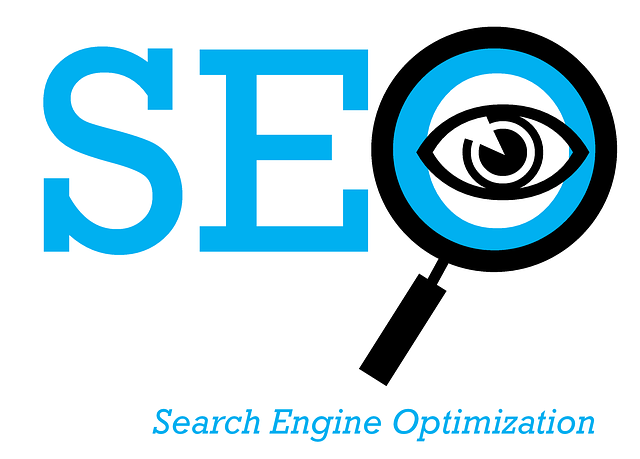Houston SEO services emphasize the importance of website crawlability to enhance online visibility and attract organic traffic. Complex architectures, intricate navigation, and heavy JavaScript usage hinder search engine rankings and crawlability, so experts recommend simplifying structures using static site generation and schema markup. Optimizing URL structures, implementing structured navigation, and utilizing sitemaps improves crawling efficiency. Houston SEO providers play a crucial role in refining website architecture, addressing complex navigation and broken links, to achieve better search engine visibility and enhanced user experiences.
In the digital landscape, where visibility is key, understanding website crawlability is paramount for online success. This article delves into the intricacies of how website architecture impacts Search Engine Optimization (SEO) performance, especially through the lens of Houston SEO services. We explore common pitfalls that hinder search engine crawlers and present effective strategies to optimize your site’s structure, ensuring better indexing and enhanced digital presence. Discover how Houston SEO experts can guide you in navigating these complexities for improved online visibility.
- Understanding Website Crawlability and Its Impact on SEO
- Common Challenges in Website Architecture that Hinder Crawlability
- Strategies to Enhance Website Architecture for Better Crawling
- Role of Houston SEO Services in Optimizing Website Structure
Understanding Website Crawlability and Its Impact on SEO

Website crawlability refers to how easily search engine bots can navigate and access a website’s content. It is a critical aspect of Search Engine Optimization (SEO), especially for Houston SEO services, as it directly impacts a site’s visibility and ranking in search engine results. When a website is well-structured and optimized for crawling, search engines can efficiently index its pages, leading to better online presence and higher organic traffic.
Poor crawlability can result in fragmented content, missed indexing opportunities, and reduced search engine exposure. This, in turn, hampers a site’s SEO efforts, making it less visible to potential customers searching for relevant services or products. By understanding and improving website architecture, Houston SEO service providers can enhance crawlability, ensuring that search engines can explore and understand every corner of the site, ultimately boosting its online success.
Common Challenges in Website Architecture that Hinder Crawlability

Many Houston SEO services have identified that a poorly designed website architecture is one of the primary reasons for low search engine rankings and poor crawlability. Websites with complex navigation, heavy JavaScript usage, or a lack of structured data make it difficult for search engine crawlers to understand and index content effectively. These challenges often lead to missed opportunities in terms of organic traffic and SEO potential.
For instance, dynamic websites that heavily rely on JavaScript may create issues where crawlers struggle to interpret the page’s actual content. Similarly, a site with an intricate navigation structure, including numerous deep-linked pages without a clear hierarchy, can confuse search engine bots. Houston SEO experts suggest simplifying these architectures by leveraging static site generation, implementing schema markup for better content interpretation, and ensuring a logical, hierarchical sitemap for improved crawling efficiency.
Strategies to Enhance Website Architecture for Better Crawling

To enhance website architecture for better crawlability, start by implementing structured and intuitive navigation. This involves creating a clear hierarchy using relevant categories and subcategories, making it easier for search engine crawlers to understand your site’s content organization. Using sitemaps is another effective strategy; these files provide a roadmap of your website’s pages, helping Houston SEO services to efficiently discover and index all important pages.
Additionally, optimize URL structures by keeping them short, descriptive, and keyword-rich. Avoid complicated or dynamic URLs that can confuse crawlers. Instead, use static URLs that are easy to read and reflect the content they represent. Internal linking is also crucial; strategically place links within your content to connect related pages, signaling to search engines which pages are most important and facilitating their crawlability.
Role of Houston SEO Services in Optimizing Website Structure

Houston SEO services play a pivotal role in optimizing website structure for enhanced crawlability, ensuring search engines can efficiently navigate and index web pages. These services employ strategic techniques to improve site architecture, making it user-friendly and aligned with best practices recommended by major search engines like Google. By analyzing existing structures, Houston SEO experts identify issues such as complex navigation, broken links, or poorly organized content, which can hinder a website’s performance in search results.
Through structured planning and implementation, they create logical site maps, streamline internal linking, and implement semantic markup to provide clear context for web crawlers. These optimizations not only improve crawl efficiency but also lead to better user experiences, as visitors can easily find relevant content. The ultimate goal is to achieve a balanced architecture that supports both search engine visibility and user engagement, contributing to the website’s overall success in the competitive online landscape.
In conclusion, enhancing website architecture is a pivotal step towards improving crawlability and boosting search engine optimization (SEO). By addressing common challenges and implementing effective strategies, Houston SEO services play a crucial role in ensuring search engines can efficiently navigate and index web pages. Optimizing structure benefits both users and search algorithms, leading to better online visibility and increased organic traffic.
